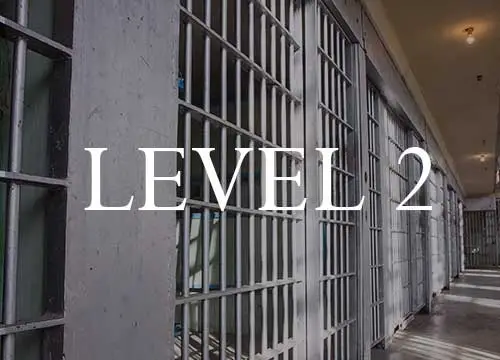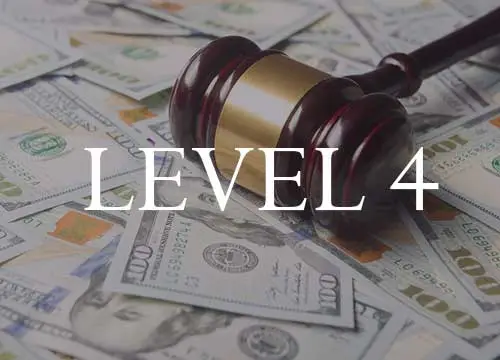How Can a DWI Lawyer Help You?
Getting pulled over for a DWI and then arrested can be one of the most humiliating moments of your life. It’s understandable to feel overwhelmed, confused, and even scared. You may feel like an arrest is the end of your case and there’s nothing you can do to fight it.
That may not be the case, and it’s important never to lose hope. The first thing you should do when you are arrested is contact an experienced DWI lawyer to defend you. You’re going to want legal support for this situation.
Above all, you are going to want an experienced lawyer to craft your defense strategy. To secure a conviction, the prosecution is going to have to prove your guilt beyond a reasonable doubt, and that is not always easy to do. What you need is a legal professional by your side who can offer you their experience, education, and time. Here are some of the many ways an experienced DWI lawyer can help your case:
Familiarity With State Law
Every state has similar DWI laws, but there are often some differences that may end up becoming essential knowledge for your case. You are going to want to hire someone who is familiar with North Carolina DWI laws and knows the possible ways to use them to your advantage. Pleading guilty is not your only option. You do have a chance to fight this. Your lawyer can build a defense for you.
Investigation
Your DWI may not be as simple as you’ve been led to believe by the police. There may be certain extenuating circumstances you need to be made aware of. Your lawyer can launch their own independent investigation into your case and determine the facts for themselves. This includes looking into the police report and determining if the arrest was done correctly. That could prove crucial for securing a favorable outcome.
Defense Strategy
The most important thing your lawyer can do is build your defense strategy. Without a strong defense, you may end up with a criminal conviction. There are many different ways they could mount your defense, including challenging the arrest, disproving probable cause, challenging the field test results, or proving that your civil rights were violated during the arrest.
If you are facing drunk driving charges and are interested in looking for support groups for people in similar situations in Charlotte, you may want to ask your lawyer for more information. Charlotte has a number of support groups, such as the Charlotte Alcoholics Anonymous Intergroup and others.









